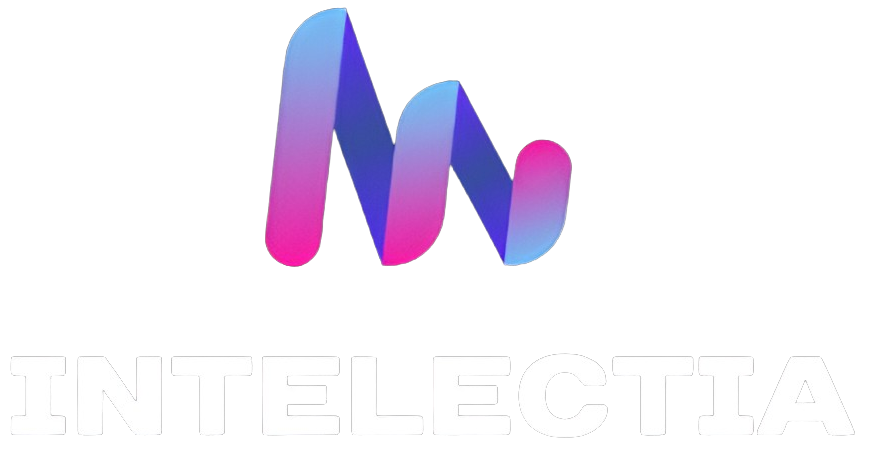In an era where digital transformation is reshaping industries across the globe, the consulting sector is no exception. One of the most influential technologies driving this transformation is Optical Character Recognition (OCR). OCR has already made significant inroads in various industries by facilitating the conversion of printed or handwritten text into digital data. This article explores the impact of OCR on the consulting industry, focusing on how it is currently being utilized and what the future holds as this technology continues to evolve.
Introduction to OCR
Optical Character Recognition, commonly known as OCR, is a groundbreaking technology that allows the conversion of various types of documents—such as scanned paper documents, PDFs, or images captured by a camera—into editable and searchable digital data. By recognizing characters from images and converting them into text, OCR plays a pivotal role in the digital transformation of documents. This automated text conversion is instrumental in enabling businesses to move away from paper-based processes and towards a more streamlined, efficient, and digital approach.
OCR software solutions are designed to extract data from images with a high degree of accuracy, even when dealing with complex fonts, handwritten notes, or documents that are not perfectly scanned. By digitizing documents, OCR makes it possible to store, manage, and retrieve information more efficiently, thereby reducing the need for physical storage and enabling faster access to critical data.
The technology behind OCR has evolved significantly since its inception, thanks to advancements in artificial intelligence (AI) and machine learning. These developments have made OCR more accurate and capable of handling a wider variety of document types and languages. The ability to automate the digitization and processing of documents has made OCR an essential tool for businesses across various sectors, including consulting.
Use of OCR in Consultancy
In the consulting sector, OCR is revolutionizing how firms handle large volumes of client documents, leading to more efficient workflows and enhanced data management. Consulting firms typically deal with vast amounts of documentation, ranging from client reports and financial statements to legal contracts and industry research. Traditionally, the review and processing of these documents were manual tasks, requiring significant time and effort. However, with the advent of OCR, these processes can now be automated, resulting in substantial time savings and improved accuracy.
One of the key applications of OCR in consultancy is in the digitization of client documents. Consultants utilize OCR to convert physical documents into digital formats, allowing for easier storage, retrieval, and analysis. This document digitization method not only reduces the physical space required for storing paper documents but also enhances the accessibility of important information. For instance, a consultant working on a financial audit can quickly scan and digitize client records, enabling faster and more efficient analysis of the data.
OCR also plays a crucial role in automating document review processes. In consulting, the review of client documents is a critical task that ensures accuracy and compliance with regulations. OCR enables the automated extraction of relevant data from these documents, significantly reducing the time required for manual review. This automation allows consultants to focus on higher-value tasks, such as strategic analysis and providing tailored recommendations to clients.
Enhancing client document management is another significant benefit of OCR in consultancy. With OCR-driven document digitization, consulting firms can manage client documents more effectively, ensuring that all information is organized, searchable, and accessible when needed. This streamlined data processing not only improves the efficiency of client engagements but also enhances the overall client experience by providing timely and accurate information.
Moreover, OCR contributes to consulting efficiency by enabling the seamless integration of digital data into existing workflows. For example, once documents are digitized, they can be easily shared and collaborated on by consulting teams, regardless of their physical location. This capability is particularly valuable in today’s globalized business environment, where consulting teams often work across different geographies and time zones.
As OCR technology continues to advance, its applications in consultancy are expected to expand further. One emerging trend is the integration of OCR with AI and machine learning to provide predictive analytics. By analyzing historical data extracted from client documents, consultants can gain deeper insights into business trends, customer behavior, and potential risks. This allows them to make more informed, data-driven decisions and offer more strategic recommendations to their clients.
The Future of Consultancy with OCR
The future of consultancy is poised for significant transformation with the widespread adoption of OCR and AI technologies. As OCR continues to evolve, it will play an increasingly central role in how consulting firms operate, providing them with the tools they need to stay competitive in a rapidly changing market.
One of the most promising future trends in consulting technology is the use of OCR for predictive analytics. By combining OCR with AI and machine learning, consulting firms can analyze large volumes of data extracted from client documents to identify patterns and predict future outcomes. This capability will enable consultants to offer more strategic guidance, helping clients anticipate market trends, mitigate risks, and capitalize on emerging opportunities.
The integration of OCR with AI will also enhance the accuracy and efficiency of document processing. As AI algorithms become more sophisticated, OCR will be able to handle even more complex documents, including those with handwritten notes, multiple languages, or unusual formatting. This will further reduce the need for manual intervention and allow consultants to process and analyze data more quickly and accurately.
Another area where OCR is expected to have a significant impact is in automating compliance-related tasks. Regulatory compliance is a major concern for many businesses, particularly in industries such as finance, healthcare, and legal services. OCR can help consulting firms automate the review and processing of compliance-related documents, ensuring that all necessary regulations are met and reducing the risk of non-compliance. This automation will not only save time but also reduce the potential for human error, which can lead to costly penalties and legal issues.
As OCR technology becomes more widely adopted, it is also likely to drive changes in the consulting business model. For example, consulting firms may increasingly offer OCR-driven services, such as automated document processing, data extraction, and predictive analytics, as part of their core offerings. This shift will require consultants to develop new skills and expertise in OCR and related technologies, as well as to adapt their existing workflows to take full advantage of these tools.
In addition to its impact on consulting firms, OCR is expected to drive broader changes in the consulting industry as a whole. For example, the increased use of OCR and AI may lead to the development of new consulting services and business models that are more data-driven and technology-focused. This could include services such as real-time data analysis, automated risk assessments, and AI-driven decision support, all of which would be enabled by OCR and related technologies.
Looking ahead, the future of consultancy with OCR is bright. As the technology continues to evolve, it will enable consulting firms to operate more efficiently, offer more strategic guidance to clients, and stay ahead of the competition. By embracing OCR and integrating it into their workflows, consulting firms can position themselves as leaders in the digital transformation of the industry.
Do you want to implement a document analysis system based on Artificial Intelligence?
At Intelectia we can offer you the security of having an OCR system so that your company can improve its quality of work.
On the other hand, we also offer Intelligent Voice Processing services for all types of companies.
Do not hesitate to contact us, or book a meeting and we will help you in everything that is in our hands.

